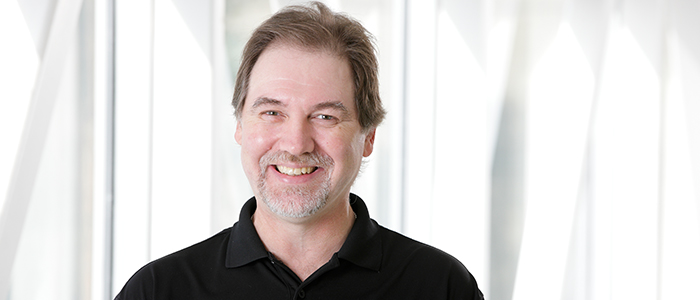What are we searching for?

As I spend a great deal of time with young people like yourselves who are focused on building a great path for their lives, I often reflect on the question, “what are we searching for in life?”
Earlier this year, Kathy Caprino from The Huffington Post conducted a survey which addressed just that. According to the results of the survey, the top 10 things people are searching for in life are:
- Happiness
- Money
- Freedom
- Peace
- Joy
- Balance
- Fulfillment
- Confidence
- Stability
- Passion
I can’t really argue against any of the items being on the list. However, my first reaction is that it would be rare to find anyone who has all of these things at any one time in their lives. I also wonder if you need ten of these things in order to feel as though your life is complete.
Being able to ask the question, “what are we looking for in life?” is a privileged position to be in. For so many around the world, this ideal of getting what you want out of life can be more about struggling to acquire the basic necessities, such as food, shelter and clean drinking water. If we acknowledge this, and then dig a little deeper, it is evident that what makes people 'happy' is interesting and complex.
I believe the most controversial ideal on that list is money. The post-WWII generations have certainly focused more on consumerism, acquiring wealth, and, in many ways, the “keeping up with the Joneses” mentality. This has been accompanied with unprecedented prosperity and increases in the quality of life in primarily developed countries. But has this prosperity increased happiness, satisfaction, work-life balance and other ideals listed above?
I know folks that would say that it is better to be unhappy with money than to be happy without money. I understand that. However, I would debate the premise that money drives happiness or it is even necessary for happiness and the other ideals to be achieved. One of the most interesting trips I have taken in my life was to India a few years ago. While clearly substantial inequalities in wealth are apparent in India, one would have a difficult time concluding that all smiles are found only on the faces of the wealthy.
Maybe happiness is a state of mind that can be achieved regardless of one’s lot in life.
In my role as Associate Dean, I spend a lot of enjoyable time with you, listening to your concerns, worries, challenges and hopes for the future. I understand that finding happiness when your pathway in life seems elusive can be an uncomfortable situation for young people to face. I felt that myself when I was in the same position as you. However, I do believe that all of you are pursuing this quest in the best manner possible throughout your graduate education, as each of you are acquiring skills, abilities and awareness of the human condition that will make it possible to succeed at finding that exclusive path to happiness that we all desire
We are here to help you throughout this process, and we do care. And I hope it is helpful to hear that by completing graduate training or a postdoctoral fellowship, I believe that you are taking productive steps toward achieving your desired result. I am proud of each and every one of you.
This is my last message for the term, as Current Affairs will pick up once again in January. Let me be among the first to wish you a Happy New Year.
Until 2017,
Andrew J. Watson, PhD
Associate Dean, Graduate and Postdoctoral Studies








